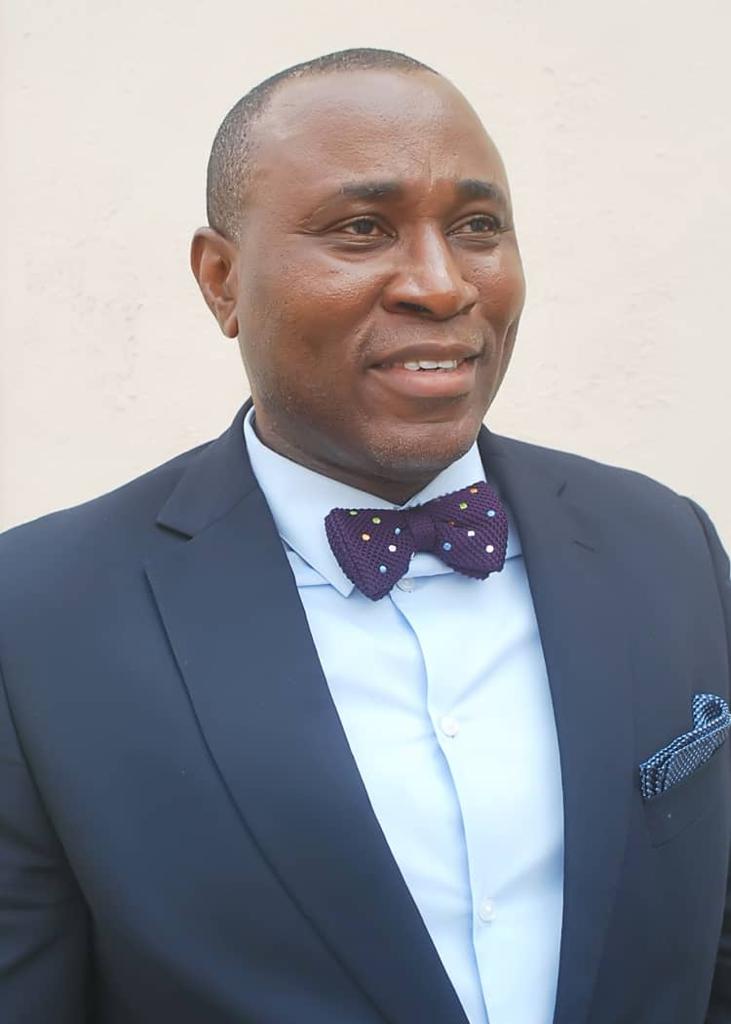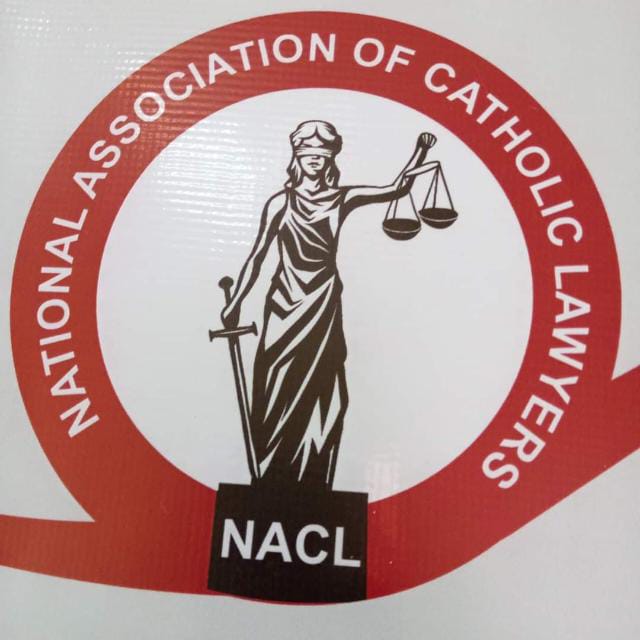Reasons have been adduced for why businesses fail in Nigeria. Some of these factors are internal while others are extraneous. Making this known is a versatile lawyer, at a parley to examine the Nigerian business and legal environment. According to the Guest Speaker, Chimezie Ihekweazu (SAN), in active business adventure, time is of the essence because micro and macro-economic realities point to the truth that values in economical benefit can no longer be the same without due regards to time.

Chimezie Ihekweazu (SAN)
The attorney stated that events in the financial and monetary sector are ready examples, which cannot be ignored, saying that the fear remains how long will the unfortunate situation continue and when will we see the light in the tunnel. “The answers remain in our ability to build a viable judicial system. Clearly, matters that can be concluded within two or three years may stand as exceptions to what stands as reality. This situation cannot encourage economic activity. It will also not allow meaningful co-existence of citizens”, he added.
The counsel informed further that another problem affecting the smooth conduct of businesses had to do with the structures that aid dispensation of justice. Competence, facilities, personnel and other condition of service, contribute tremendously to efficiency in the system. In addition, the conditions of the workspace as well as the reward system encourage effective service, which in turn, yield to development. Our judicial system today continues to face huge challenges on different fronts while the standard of appointment of judges must be reviewed to bring it to almost the same standards with that for the award of Senior Advocate of Nigeria (SAN).
“In some jurisdictions like the United Kingdom, advocates aspire to the bench from the Inner Bar. Though this may appear unusual, but certainly it will guarantee passion, interest and good/service in the legal regime. There is nothing wrong with having a good percentage of our judges, who have experienced active practice. In Nigeria, most of the courts are operating with limited facilities to aid and support their service delivery. Some of the conditions and facilities remain deplorable in most cases, while the rules of courts and practice directions advance in technology while the facilities required to make their rules effective are either unavailable or inadequate. This remains a major set-back and affects the justice delivery”.
L-R: Mr. Ayo Akinyemi, Mr. Michael Agbolade, and Chimezie Ihekweazu (SAN)
Ihekweazu averred that the next factor that should be looked into is the limited capacity in human capital development to operate the system. He said our justices deserve extensive and rich trainings regularly to meet up with the times and needs of justice in our societies. The challenge also besets other support staff, who need these improvements in the call to service in the justice sector. Efforts should be made to achieve more gains in this regard. Not only that, lack of efficient research assistants is a major challenge in our justice delivery system at different court levels. Our judicial officers are human with the respective obligation ranging from potential, family, parental, among others and most work to lead, and not work to die.
The Learned Silk stated that fertile environment for economic growth must be rich in terms of its legal and institutional framework for justice delivery. This would foster effective dispute resolution mechanisms and framework that are beneficial to society. This must be enhanced from the lowest courts to the highest court in the sense of its jurisdictional limits of causes in respect of each original and appellate jurisdictions. The process of streamlining matters in its required attention, must be defined through law reforms as well as.
In addition, for things to turn around for the better, there should be training and re-training of judicial officers and other administrative personnel of the courts, which must be consistent, sustained, structured and result-oriented, noting that “These trainings must address key areas of concern while constant structures must be put in place to evaluate these trainings to record and identify results and other benefits for graduated sustenance. Mandatory health checks must equally be encouraged for our judicial officer as well as their administrative staff for issues relating to health that must be carefully-managed so that they can be assured that their welfare is guaranteed for them to attend to their other obligations and callings without any negative result for the state”.
The Senior Advocate of Nigeria also made a case for suitable information flow, which may not be penetrating wide enough in the medium that will reach different parts of our society as well as authorities. “Genuine and informed efforts should be made to achieve this as well as sustain the efforts and improvements. I must underscore the point that our social economic wellbeing, to a great extent, depends on the potency of the judiciary and its effectiveness. It concerns all of us, no matter how we live and, therefore, requires constant review, examination as well as necessary reform, to yield benefits to the entire citizenry of our nation”, he said.
On his part, the Chairman of the occasion, Mr. Ayo Akinyemi disclosed that the topic for the discourse was “apt and appropriate for these times” while the President of NACL, Mr. Michael Agbolade recalled that during the outgoing legal year, the nation experienced a series of economic hardships, which ushered in a new administration with removal of oil subsidy, which had been a major setback to the sustainability of our national fiscal policy. Agbolade made a clarion call to the present administration to bring relief items, as palliatives to all Nigerians, rather than relying on sectional approach, saying that “Nigerian citizens and international community at this time are not particularly bothered about who governs Nigeria, but are rather concerned about, which government brings dividends of democracy to their respective tables through the provision of employment, food security, housing and all that makes life beneficial to their livelihoods”.
The event, which made this discourse possible, was the National Association of Catholic Lawyers (NACL), Archdiocese of Ibadan, New Legal Year Thanksgiving Mass that was held at St. Mary’s Cathedral, Oke-Padre, Ibadan, Oyo State, and had as chief celebrant, His Grace, Most Rev. (Dr.) Gabriel ‘Leke Abegunrin, Catholic Archbishop of Ibadan. The programme is organised to officially mark the commencement of activities in the courts, reawaken the commitment of legal practitioners, judges, and those saddled with the task of administration of justice.
The NACL National President, Edward Ogar, in his goodwill message had affirmed that “NACL Ibadan is very dear to us and we are proud of your services”. Dignitaries at the occasion included the Catholic Bishop of Oyo Diocese, Most. Rev. (Dr.) Emmanuel Badejo, represented by Very Rev. Fr. Peter Agboola; NACL Ibadan Archdiocesan Chaplain, Very Rev. (Fr.) Joachim Akee; Cathedral Administrator; Very Rev. Fr. Felix Ethapemi, Acting Rector, Ss Peter and Paul Major Seminary, Very Rev. Fr. Anthony Igbekele; and the Oyo State Commissioner of Police, CP Adebola Hamzat, represented by Mr. Justus Aladeloye, amongst others (Sponsored).


1 Comment
This is very insightful